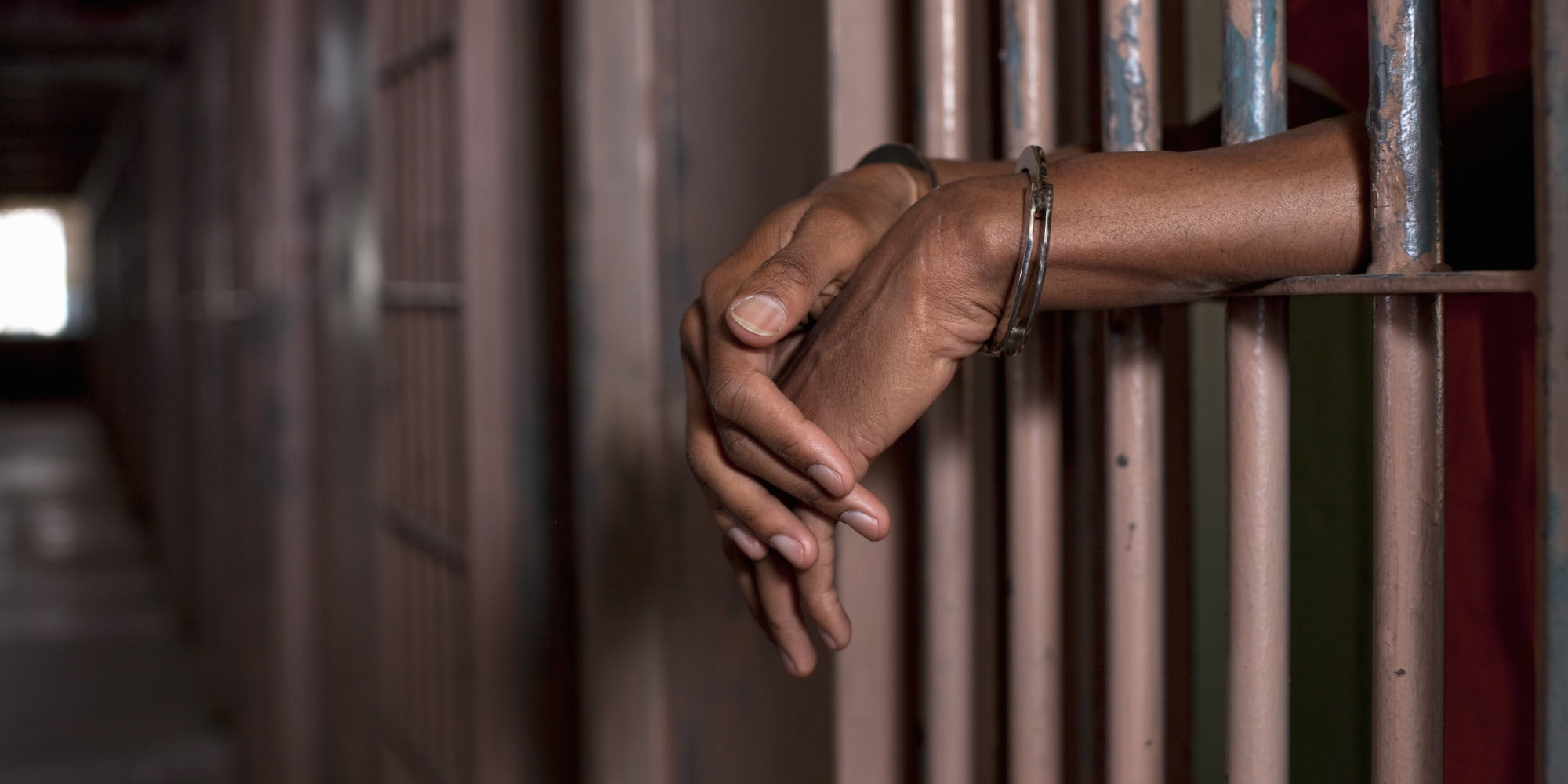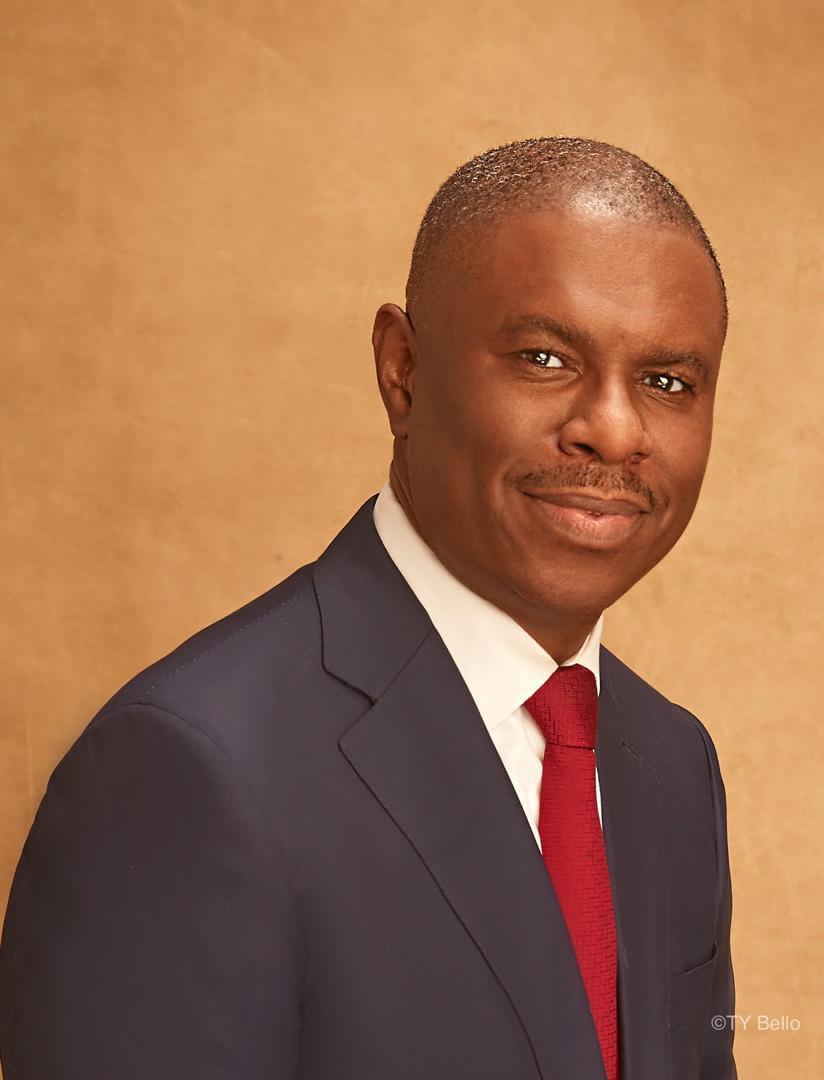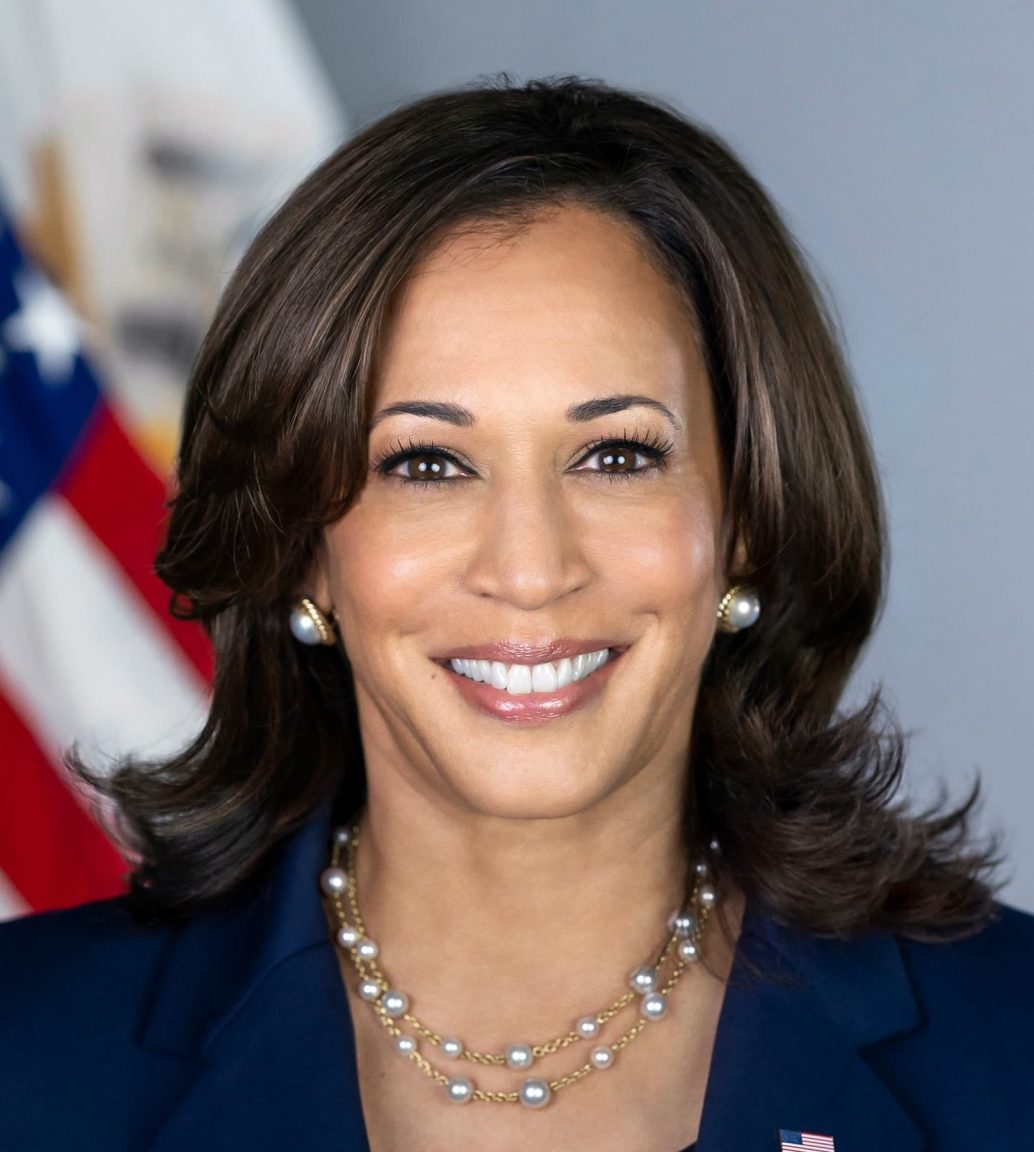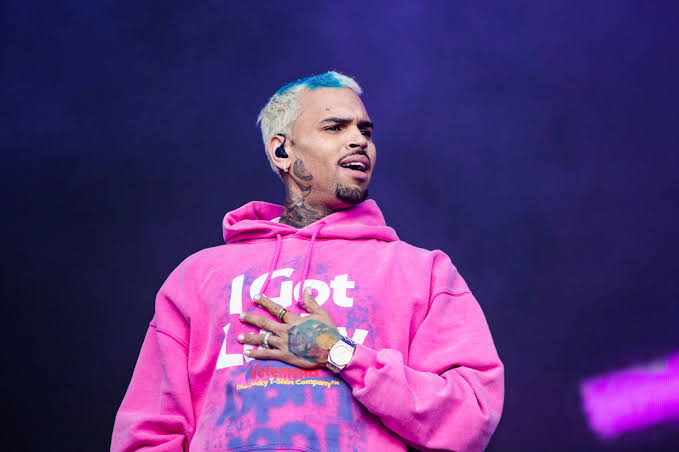Executive Secretary, Universal Basic Education Commission (UBEC), Dr Hamid Bobboyi, has lamented that the country’s public primary schools lack 194,867 qualified teachers and 1.1 million classrooms.
Bobboyi noted that of the 694,078 teachers required at the primary school level, only 499,202 are available.
Bobboyi spoke in Lagos at a one-day partnership meeting with the organised private sector on the implementation of the UBE programme. The event was organised by UBEC in collaboration with the Private Sector Advisory Group (PSAG).
The UBEC chief noted that the inadequacy of qualified teachers at primary school level is contributing to learning poverty in basic education.
Bobboyi pointed out that the acute shortage of qualified teachers and classrooms in the country’s public schools are not restricted to certain geo-political zones, although worse in some than others, especially in the northern part of the country and rural communities.
He blamed the development on the skewed deployment in favour of schools in urban areas.
Besides, he lamented that states have failed to employ new teachers or replace those who withdrew from service, resulting in the shortage.
Bobboyi also expressed concern over infrastructure deficit in schools, saying teaching and learning take place in poor environments.
According to him, 40 per cent of classrooms in the basic education sub-sector are in bad condition.
He said: “The poor condition of classrooms cuts across all geo-political zones. As at 2022, 907,769 additional classrooms were required in primary schools, and 200,085 were required in junior secondary schools. Generally, a high percentage of learners do not have furniture in both public and private schools. The percentage of schools without toilets is worse in public schools, compared to private schools. States are totally overwhelmed with the scale of dilapidation and scarcity.”
He also noted there are huge gaps between what is required for Nigeria to operate functional and effective basic education, and what is available in both public and private schools.
Bobboyi noted that UBEC, as an agency of the Federal Government, had made significant efforts in responding to most of these gaps in public schools through its strategic programmes and projects, which seek to address issues of access, quality, equity and inclusiveness in delivery.
But despite these interventions, Bobboyi lamented that most of the problems remain unsolved, hence, the essence of the meeting with the organised private sector participants.
He noted that since government alone cannot meet the huge requirements for quality basic education delivery, private entities should commit to taking further responsibility in key aspects of UBE delivery, especially creating opportunities for addressing the out-of-school children phenomenon.
The Director of Basic Education, Federal Ministry of Education, Dr Folake Olatunji-Davis, acknowledged the huge gaps identified by the UBEC boss, saying that was the essence of calling for the support of the private sector.
Olatunji-Davis disclosed that the Federal Government is intensifying efforts to provide more robust basic education to every Nigerian child.
She expressed hope that the meeting would help in getting the operators’ commitment to support the government in producing learners that will be competitive with their peers globally, without leaving any child behind.

















